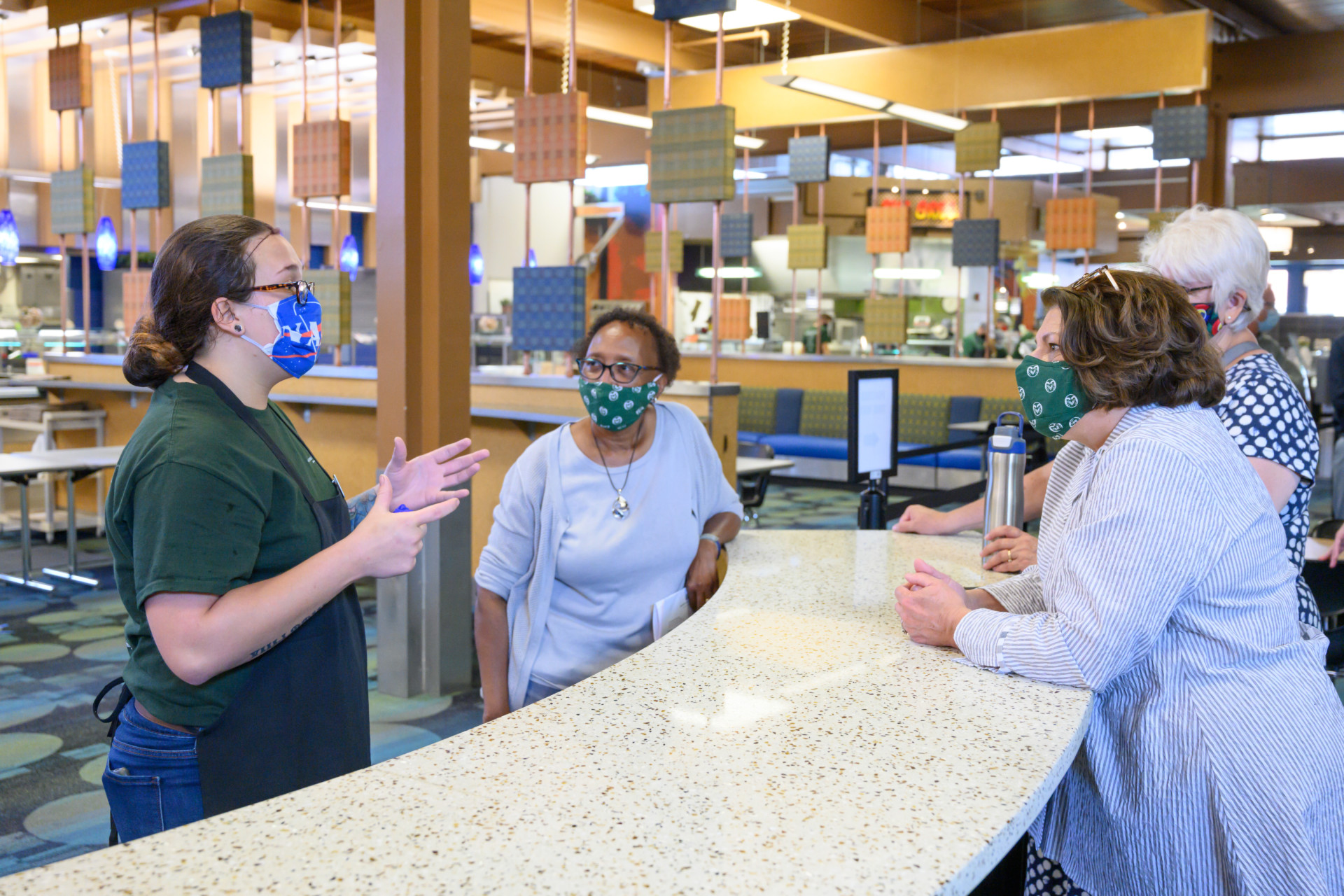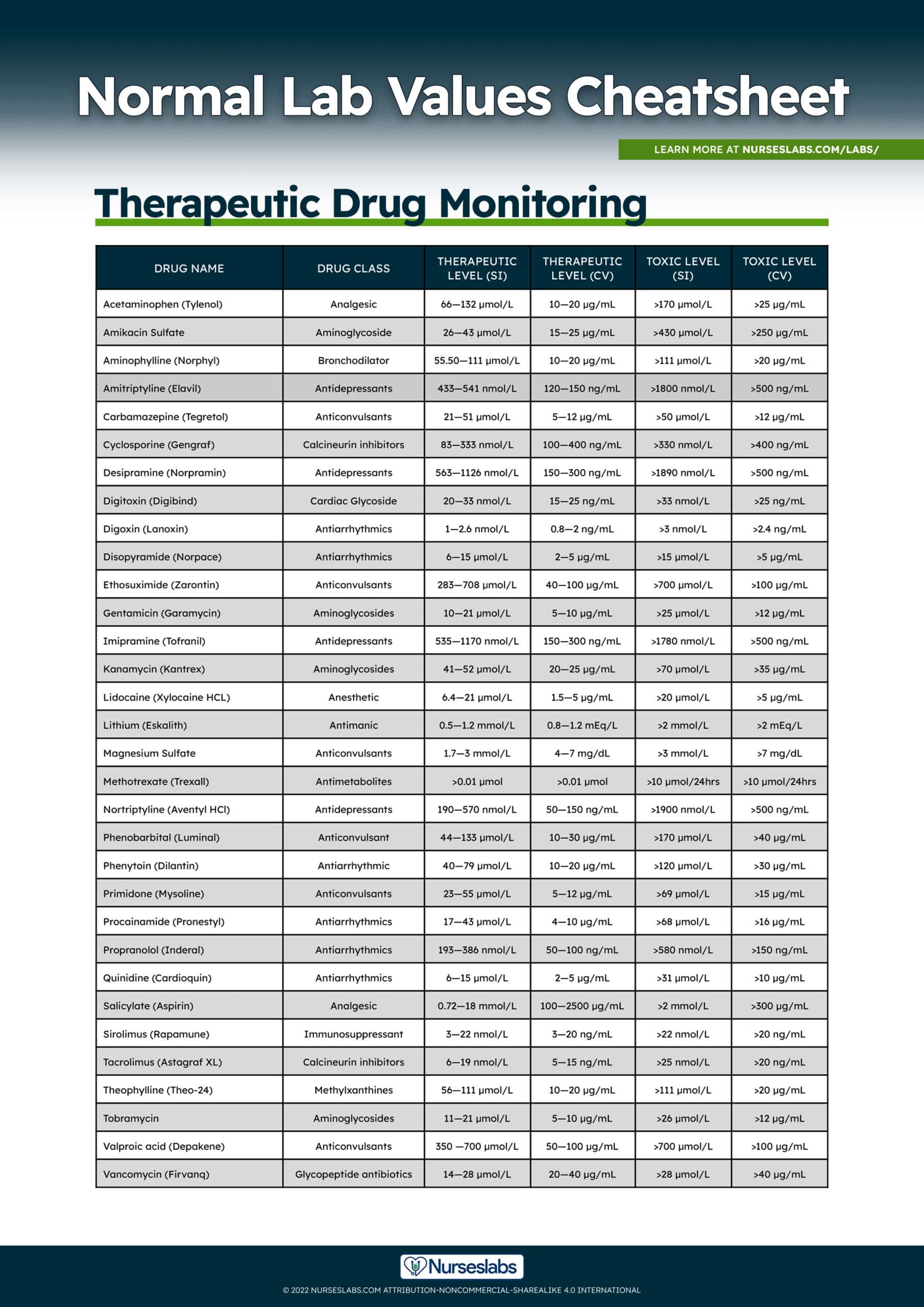Everything You Need to Know About Veterinary Labs for Pets
Everything You Need to Know About Veterinary Labs for Pets
Blog Article
Dogs and cats bring joy to our homes, and ensuring their well-being takes proactive care. Testing facilities for pets are invaluable resources in guiding treatment plans for household animals.
In this guide, we’ll examine the importance of veterinary labs and outline essential tests.
How Do Veterinary Laboratories Work?
Veterinary laboratories focus on testing for identifying medical conditions. These labs support animal doctors to develop effective treatments.

Their process usually includes:
- Collecting pet health data: Health markers are taken by the vet.
- Sample examination: Modern technology deliver diagnostic insights.
- Results interpretation: Insights guide care plans for proactive solutions.
Essential Tests in Veterinary Labs
Pets benefit from a range of diagnostic services to monitor overall health. Routine diagnostics include:
- Complete blood counts (CBC): Provide an overall health picture.
- Urinary health exams: Ensure bladder health.
- Fecal analysis: Identify digestive disorders.
- Skin health exams: Improve coat health.
- Radiographic evaluations: Evaluate bone and joint health.
laboratório veterinario são paulolaboratorio de analises veterinarias
How Testing Supports Pet Health
Ongoing evaluations supports proactive health management. Through these tests, you can prevent serious conditions.

The importance of routine exams include:
- Longer, healthier lives: Recovery chances improve.
- Cost savings: Prevention saves money in the long run.
- Knowing your pet is well: You’ll know they’re thriving.
laboratorio veterinario indianopolis
Conclusion: Veterinary Labs as a Cornerstone of Pet Health
Pet health labs provide the foundation for accurate diagnoses. By scheduling routine tests, you support their quality of life.
Make pet health a priority and give your furry friends the best care possible!
Report this page